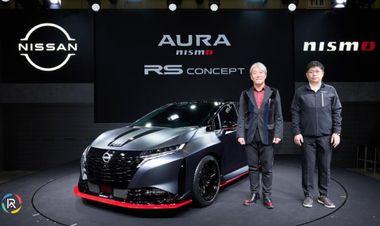Kawasaki, Japan- Toshiba Electronic Devices & Storage Corporation., a supplier of advanced semiconductor and storage solutionsh, as developed "X5M007E120," a bare die 1200V silicon carbide (SiC) MOSFET for automotive traction inverters with an innovative structure that deliver both low On-resistance and high reliability. Test samples are now shipping, for evaluation by customers.
Toshiba SiC MOSFETs use embedded Schottky barrier diodes (SBDs) to deactivate body diodes and improve reliability during reverse conduction. However, SBD placement reduces channel area, slightly increasing On-resistance.
The X5M007E120 SiC MOSFET features a check-pattern SBD array, doubling unipolar current capacity and reducing On-resistance by 20-30% compared to striped designs. This innovation enhances energy efficiency and reliability in motor control inverters, such as automotive traction systems.
Reducing On-resistance in a SiC MOSFET causes excess current flow through the MOSFET during short-circuit, reducing short-circuit durability. Enhancing the conduction of the embedded SBDs to improve the reliability of reverse conduction operation also increases current leakage during short-circuit, again decreasing short-circuit durability. The new bare die has a deep barrier structure that suppresses excessive current in the MOSFET and leakage current in SBDs during short circuit status, improving its durability while maintaining excellent reliability against reverse conduction operation.
Toshiba will offer customizable bare die solutions with the X5M007E120 SiC MOSFET, providing engineering samples in 2025 and mass production in 2026. The company aims to support decarbonization by delivering high-performance power semiconductors for energy-efficient applications like motor control and electric vehicle power systems.








